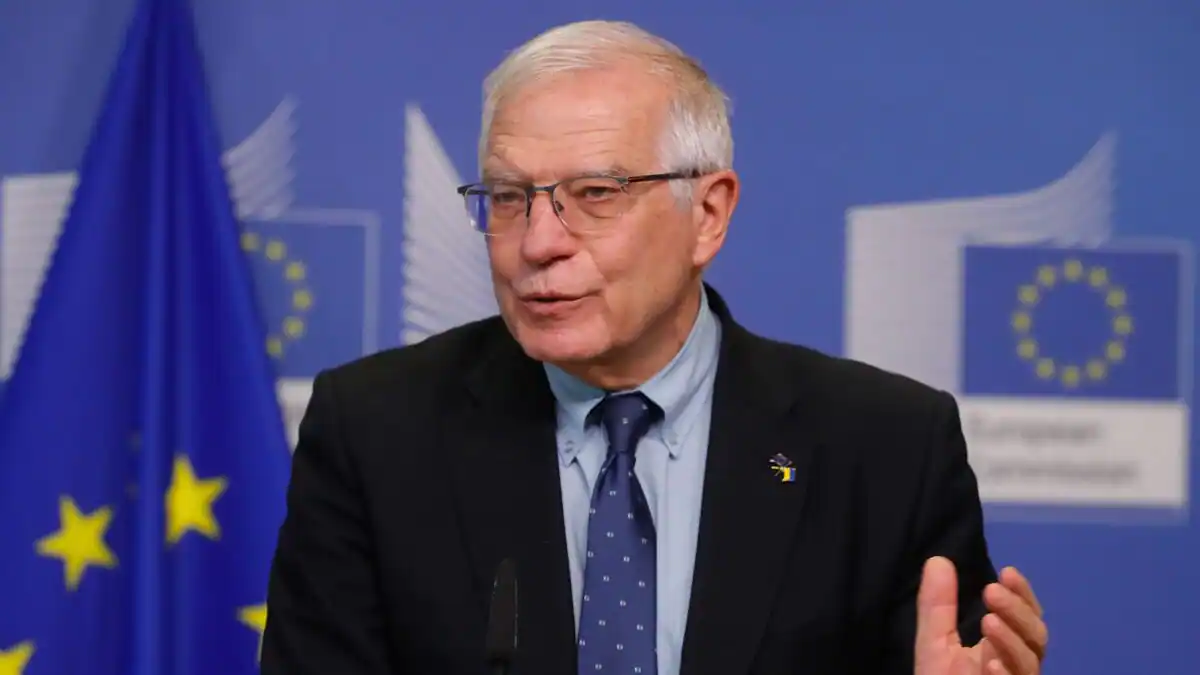Check out our full dossier on Russia’s invasion of Ukraine
The head of EU diplomacy, Josep Borrell, announced that European foreign ministers agreed on Sunday, in agreement with the G7 countries, to stop the transactions of the Russian Central Bank.
• Read also: European Union announces new sanctions against Russia
• Read also: Canada sends $25 million in non-lethal military equipment
• Read also: Battle of Kiev: Russia is “not out of the woods”
The political agreement of the ministers paves the way for implementing the measure by opening the markets on Monday, noting to the press, estimating that “more than half of the reserves” of the institution, were placed in the banks of the Group of Seven countries. He will be paralyzed.
Members of the Group of Seven and the European Union agreed on Saturday to halt the operations of the Russian Central Bank on their soil, which largely amounts to its ability to convert its foreign exchange reserves (foreign currencies, sovereign bonds denominated in Western currencies…).
The goal is to prevent Moscow from using it to fund the conflict in Ukraine and counter the impact of Western sanctions on the Russian economy.
The central bank’s reserves, which include assets in dollars, euros and yuan, as well as gold reserves, are about $640 billion, according to Bloomberg Financial Agency.
After this political green light from European ministers, the proposal must be “formally adopted through a written procedure to which member states must respond by 4 a.m., in order to prevent the central bank, when it reopens on Monday, from accessing its existing reserves,” a European source told the agency. AFP “On the EU, UK and US markets”.
We cannot block central bank reserves located in Moscow or China. Over the past year, said Mr. Borrell, Russia (…) has prepared for the current situation by reducing its dollar reserves “to increase those in yuan, ruble and gold.
On the other hand, the 27 ministers have not yet reached an agreement to exclude Russian financial institutions from the international Swift system of interbank messaging, an essential cog in the global finance wheel that ensures the transit of payment orders and transfers of funds between banks: the European Commission indicated on Saturday that it would propose to the Member states have blocked “a certain number of banks” from accessing Swift, but states are concerned about the effect of the measure.
It has been discussed, but at the moment no consensus is necessary. We will continue to work on it (…) including at the international level, because such a measure requires coordination between many countries”, noted Josep Borrell.

“Extreme twitteraholic. Passionate travel nerd. Hardcore zombie trailblazer. Web fanatic. Evil bacon geek.”


